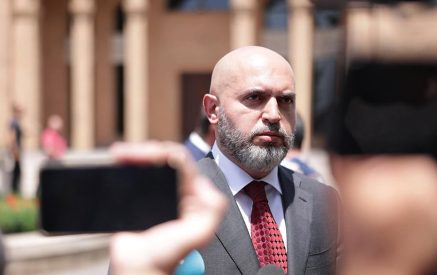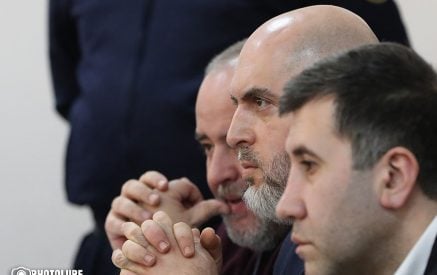Under escalated political situation, homebred “media experts” constantly pop up who decide that this event should be covered this way and that one accordingly. And those who do not cover the way he wants… (I leave the choice of the word to the reader’s imagination). In certain surroundings, the so-called “laying a curse” is an accepted practice, when I was a boy playing in the yard, I was repeating these formulas. But the media field, I think, is somewhat for more mature people, and the children’s blackmail seem pretty absurd here. Although, it is a matter of taste.
I, certainly, am not an expert, but in my opinion, there are no standards for covering political and other clashes. What is written in the textbooks is highly conditional. You can be on the other side of the barricade and cover the conflict making understand that your side is the embodiment of goodness and justice in the world, while the opposite side, as one Gyumri politician likes to say, “are offspring of devils.” You can also look at everything from the “bird’s heights” and have reservations for both sides. However, you cannot say that this is the way it should be done. Each one has its own vision.
Hence, I can only speak about the principles, which I believe by treating all other principles with respect. I think any person who opens the mouth to utter a word, must first of all think that his word will not cause harmful effect. For example, when you say, “people’s enemy”, it contains a recourse of violence in itself, because, according to the popular opinion, the enemy should be destroyed. When you say, “vow, bury you,” you cause harm to yourself, because your subconscious does not understand who the recipient of the curse is and accepts the word “bury” at his “own account”.
There is also another principle, better to say, a good piece of advice: not to “hurl” into the propaganda selflessly, like it is recently done by, for example, Armen Ashotyan and Garnik Isagulyan, and many-many other before them. First, you do not know who of the “superiors”, when and how will reconcile, and when reconciling, it is clear that you will appear in an awkward situation, and you will become the “ill-wisher”. In case of such selflessness, there is also the following danger: if we are planning to live in Armenia to the end of your life (I am, for sure), regardless of social order and political reservations, then, given the dimensions of our country, the likelihood is great that the person whom we have said too much “sharp” things, one day we will meet him on the street. Is there a need to cross the opposite side of the street?
Read also
ARAM ABRAHAMYAN





















































